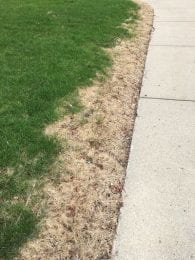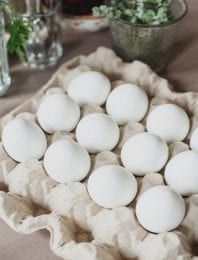The Department of Education announced borrowers will receive a one-month extension of the federal student loan administrative forbearance period, the pause in interest accrual, and the suspension of collections activity.
The measures will run through Jan. 31, 2021, as the forbearance period was set to expire at the end of 2020.
The coronavirus pandemic has presented challenges for many students and  borrowers, and this temporary pause in payments will help those who have been impacted.
borrowers, and this temporary pause in payments will help those who have been impacted.
Federal Student Aid is working with federal student loan servicers to notify borrowers of the extension. Some borrowers had already received emails letting them know payments were due again in January.
As has been the case throughout the pandemic, non-payments will continue to count toward the number of payments required under an income-driven repayment plan, a loan rehabilitation agreement, or the Public Service Loan Forgiveness (PSLF) program.
Additionally, wage garnishments for borrowers in default will still be discontinued and any borrowers who have their wages garnished will receive refunds.
By: Brenda Langdon





